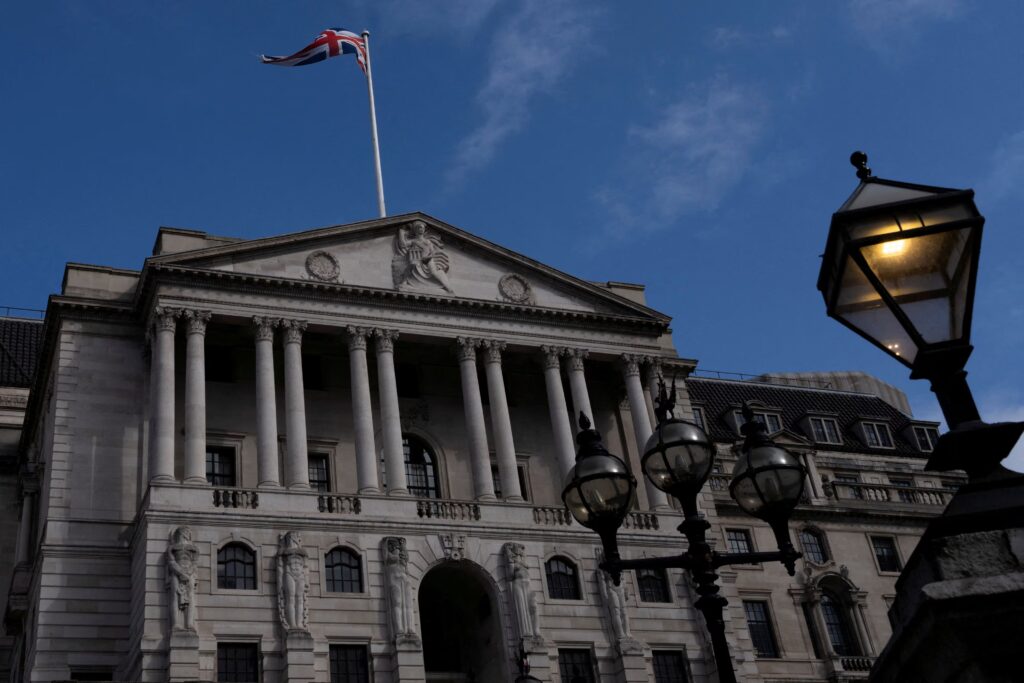BoE Under Pressure to Scale Back Bond Sales Amid Rising Yields

The Bank of England is facing mounting pressure to reevaluate its aggressive bond-selling strategy as investors warn that quantitative tightening (QT) could push long-term borrowing costs higher and exacerbate stresses on Britain’s weakening economy.
Since the end of its quantitative easing (QE) era, the BoE has embarked on an active QT campaign, selling substantial volumes of gilts—unlike the Federal Reserve or the European Central Bank, which mostly allow bonds to mature. This decision has alarmed investors, who argue that shrinking the Bank’s £560 billion bond portfolio is fueling volatility in bond markets, hiking yields and raising costs across the UK economy.
Investor concerns and timing risks
Royal London Asset Management’s Ben Nicholl has called for an immediate halt to active QT, warning that if the current pace continues, sales could soar from £13 billion this year to £52 billion in 2025–26, straining demand for long-dated government debt.¹ Amundi’s Mahmood Pradhan echoed this sentiment, cautioning against “pre‑determined” QT schedules and urging policymakers to remain flexible in the face of shifting global bond dynamics.¹
Internal review underway
On June 24, BoE Governor Andrew Bailey informed the House of Lords that the Bank will shortly launch an internal review of its QT strategy ahead of the Monetary Policy Committee’s September update. Remaining steadfast despite investor unease, Bailey maintained that rising yield pressures mirror global market trends, not QT alone.¹
Balancing QT with monetary policy
A key challenge has been coordinating QT with the Bank’s target for short-term interest rates. Committee member Catherine Mann stressed that managing the balance of these tools is critical when they are “acting in different directions.”¹
Long-term yields—already the highest in the G7 at over 5% for 30-year gilts—are being closely watched. Aviva’s Fraser Lundie warns that QT “shouldn’t operate on autopilot” if it risks destabilising markets that are essential to policy transmission.¹ RBC BlueBay’s Mark Dowding has gone further, urging the BoE to “scrap” active gilt sales altogether.¹
Fiscal consequences loom large
Critics also highlight how QT intersects with public financing needs. As the UK government simultaneously issues new debt to cover its budget deficit and absorbs the BoE’s gilt sales, bond markets face a heavy burden. Neville Hill of Hybrid Economics criticized the strategy as “bonkers,” particularly in light of global volatility tied to the U.S. borrowing surge.¹
Nevertheless, Governor Bailey defends QT, suggesting it delivers long-term advantages that justify its short-term costs, though the BoE declined to comment on specifics.
By Staff Writer, Courtesy of Forbes | June 27, 2025 | Edited for WTFwire.com
Source: Financial Times
: 279







